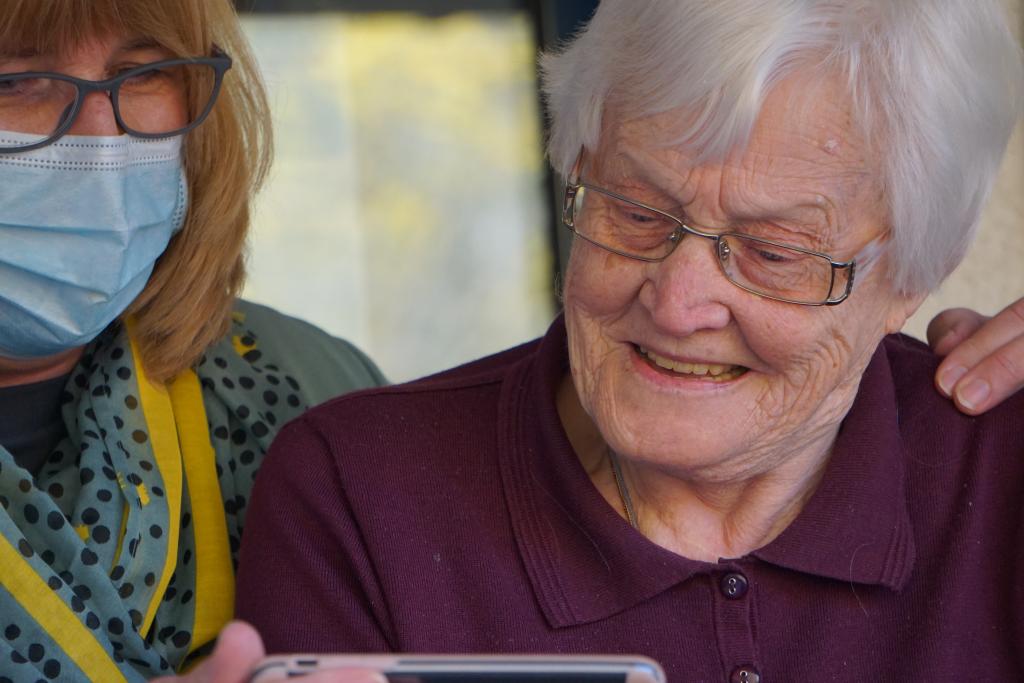
Care home owners were possibly the hardest hit of all by the onset of the COVID-19 pandemic. As an Employment Tribunal (ET) ruling showed, however, the crisis did not relieve them of their obligation to treat staff fairly.
In response to the first lockdown and the grave risk to residents, a care home owner took steps to organise its employees into an isolated ‘bubble’. A chef was amongst those who agreed to move into the home for the duration of the government restrictions, which were initially only expected to last a few weeks.
Whilst in isolation, the chef learnt from her son-in-law that her daughter had given birth. So that the son-in-law could attend his wife in hospital, she visited the family home to babysit her grandchildren. After hearing of the visit, the care home’s manager took the view that she had placed residents and staff at risk.
The manager was particularly concerned after it emerged that the son-in-law worked at another care home where there had been an outbreak of the virus and a number of deaths. She initiated disciplinary proceedings that culminated in the chef’s summary dismissal on grounds of gross misconduct.
Upholding the chef’s unfair and wrongful dismissal claims, the ET noted that the owner had no coherent policy or procedure in place to expressly prohibit staff from coming into contact with people outside the home. In so far as a ‘bubble’ existed at the time of her dismissal, it was nebulous and inconsistently applied.
The manager had, in breach of the Acas code of conduct, taken on multiple roles in the disciplinary process. After making the initial allegation, she went on to conduct the investigation and to preside over the disciplinary hearing. The allegations that were put to the chef at the hearing were not the same as the reasons relied upon for her dismissal. She was given no advance notice of a claim that she was wrong to take a public taxi to the hearing.
The hearing was in any event perfunctory, lasting only a few minutes, and there was no genuine consideration of her arguments. Mitigating factors were not properly taken into account, including the fact that she had made no secret of the visit and was given a lift by one of the owner’s directors. The purpose of her visit was to care for vulnerable children, an exception to the general lockdown restrictions.
Given the high risks involved in operating a care home during the pandemic, the ET accepted that, had the disciplinary process been conducted fairly and with an open mind, there was a 25 per cent chance that she would have been dismissed in any event. On that basis, the amount of her compensation would be assessed at a further hearing, if not agreed.